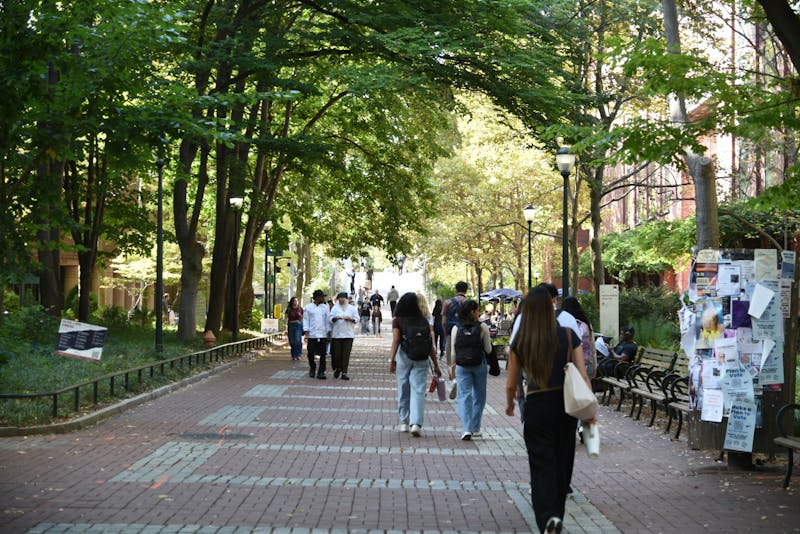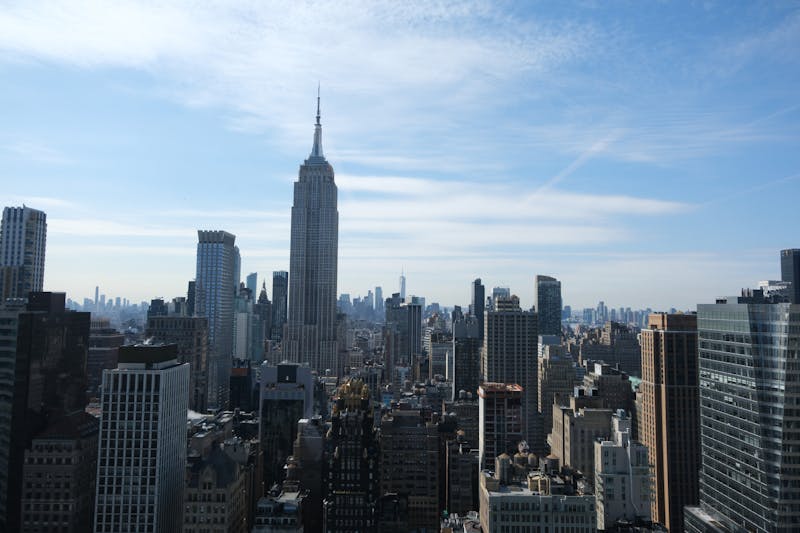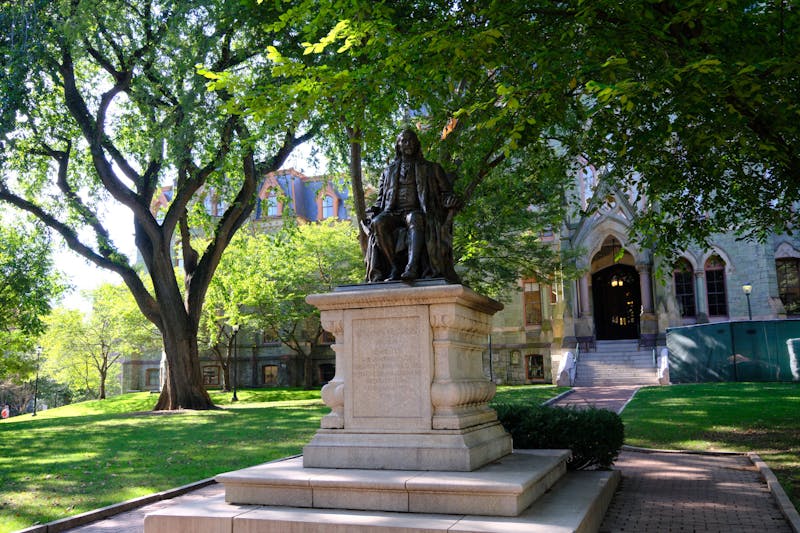
In everything from “Legally Blonde” to “Gilmore Girls,” stories of empowerment and success consistently lend themselves to the Ivy League. The immense cultural capital commanded by our nation’s top institutions is evident in pop culture and real-world news alike. According to us, going to a prestigious college is a pillar of success. Once you’ve made it here, you've made it in life.
While the recognizability and academic prowess of the Ivy League are not inherently problematic qualities, worshiping those qualities is something we need to be cautious about. We reinforce the value of prestige at every possible avenue: entertainment, news, and our personal lives. The rise of exclusivity and superiority has consistently fueled controversy.
When it comes to matters of policy, lawmakers and public opinion point to America’s most recognizable names first. Most coverage of an issue like affirmative action was grounded in the idea that it was creating disparities for those trying to gain admission to highly selective universities. Last summer, diversity initiatives in admissions were gutted by the holding in Students for Fair Admissions (SFFA) v. Harvard. In real life, less than 1% of American college students attend one of the 12 "elite" universities (the Ivy League, Stanford, Duke, Massachusetts Institute of Technology, and the University of Chicago) noted by SFFA. But, we centered the public discourse around these few isolated cases. Elitism was baked into the conversation before anyone stopped to question it.
Practically, affirmative action wasn’t an issue that affected the masses. Opponents of this relatively benign system gained traction by appealing to America’s favorite ideals: fairness and success. People who would never have been affected by affirmative action became a driving force behind getting rid of it.
The problem is that we use prestige as an exemplum. When it comes to race, if Harvard isn’t fair, how can anything else be? This flawed assumption stems from a myth of meritocracy that venerates all success for being well-deserved. In a world where income and alumni relations are indicators of merit in admissions, not everyone deserves to be made into an example simply by virtue of the school they attend.
Those on the outside who are looking in seldom draw accurate conclusions about what people actually make up the Ivy League. I was guilty of the same before I became a student at an American Top 10 university. The unfortunate truth is that we’re not a collection of prodigious students each destined to change the world. Many of us will one day wield significant power, though not always because we’ve earned it.
That isn’t to say prestigious schools aren’t valuable. They come with a vast wealth of opportunities, often creating paths to very strong careers, growing student networks, and producing renowned scholarship. More importantly, though, they play a significant role in shaping the future of industries, policies, and cultural norms worldwide.
Looking past political issues, the Ivy League is something that sets American education apart. It makes us attractive on a global scale. We become outstanding because we house truly unrivaled academic programs. But is that why American education should have the reputation that it does? Why don’t we point to how many people graduate from college in total? It’s because our value is extracted from the few examples of greatness that we offer, not our more generalized success.
This is the crux of an elitist culture. We don’t take into account the reality that so many people experience. America’s culture of rugged individualism exalts some for their success while dismissing others as ordinary or insignificant.
In fact, I have to acknowledge my own personal elitism. I seek the same superiority that I’m calling out as culturally reprehensible. No Penn student is truly free from that reality. Why didn’t any of us choose to attend a state school or community college? After all, they're usually less expensive, more convenient, and less competitive. I’ll tell you exactly why — because a different school wasn’t good enough for us. Ultimately, we value what prestige can offer us. It’s not an irrational perspective, but it's one that's worth recognizing.
It’s crucial to put into perspective how much discussion we have about small, concentrated groups of people. Otherwise, our discourse will continue to be deeply skewed in favor of the already powerful. Elitist culture is holding us back. In so many ways, we need to push past our notion of what makes some people “exceptional.”
JACK LAKIS is a College sophomore studying political science and communication from Kennesaw, Ga. His email is jlakis@sas.upenn.edu.
The Daily Pennsylvanian is an independent, student-run newspaper. Please consider making a donation to support the coverage that shapes the University. Your generosity ensures a future of strong journalism at Penn.
Donate









